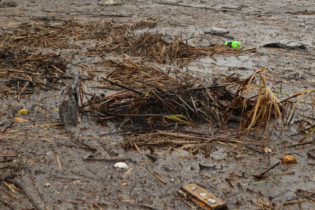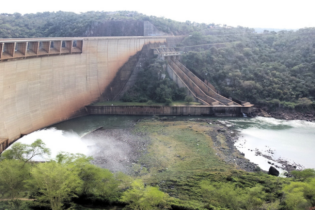By Boitumelo Lekalakala*
Of the 41% of South African schools that employ cleaners, only 25% reportedly clean the toilets at least once a day. An alarming 57% of theses cleaners further revealed that they use the same cloth to clean the kitchen and toilets. These are just some of the startling revelations that were reported to the Water Research Commission in a special report, “Rural School Sanitation; why is it failing 2018”? Earlier this year, President Ramaphosa instructed Minister of Education, Angie Motsekga to conduct a full audit of school facilities with unsafe structures. This was a call after the fatal incident in which 5 year old Viwe Jali drowned and died in a pit toilet of her school in the Eastern Cape. Sadly the incident was not the first. Following the death of another school learner, Micheal Kompane back in 2014, the Water Research Commission investigated the issues of school sanitation, particularly in rural parts of the country. The president’s instruction for the audit is definitely a necessary one. Nonetheless it needs to be said that there are many other issues to school sanitation than just structural issues.Conditions infringing on basic human rights
What was found in the research were conditions that no human being should be exposed to, conditions infringing on basic human rights. A total of one hundred and thirty schools in the Eastern Cape, Limpopo and Kwa Zulu Natal provinces were visited, where interviews were conducted with learners, principals, cleaners and the toilets in the various schools were observed. The conditions of the school toilets differed, but what the research showed, was how the conditions brought a lack of dignity to the learners which they equally expressed. Some of the toilets did not have locking gates, 9% did not have pit covers while 18% of these were broken, allowing pests to infiltrate the space and spread contamination. Only 18% percent of the learners felt that the toilets were private while the rest felt they were not. From all the schools visited, only 35% of the toilet blocks had hand washing basins, and only 50% of these were functioning as the rest were vandalised.Failed management
Pictures taken during the investigation showed how filthy some toilets are, which was also expressed by the learners. 71% of the learners found them smelly, 63% found them dirty and 41% of them expressed their fear of being subjected to bullying.These appalling conditions were linked to failed management. Not to be ignored is also the fact that some schools have the decent toilets reserved for teachers; this was the situation at the school where Michael Kompane died.







